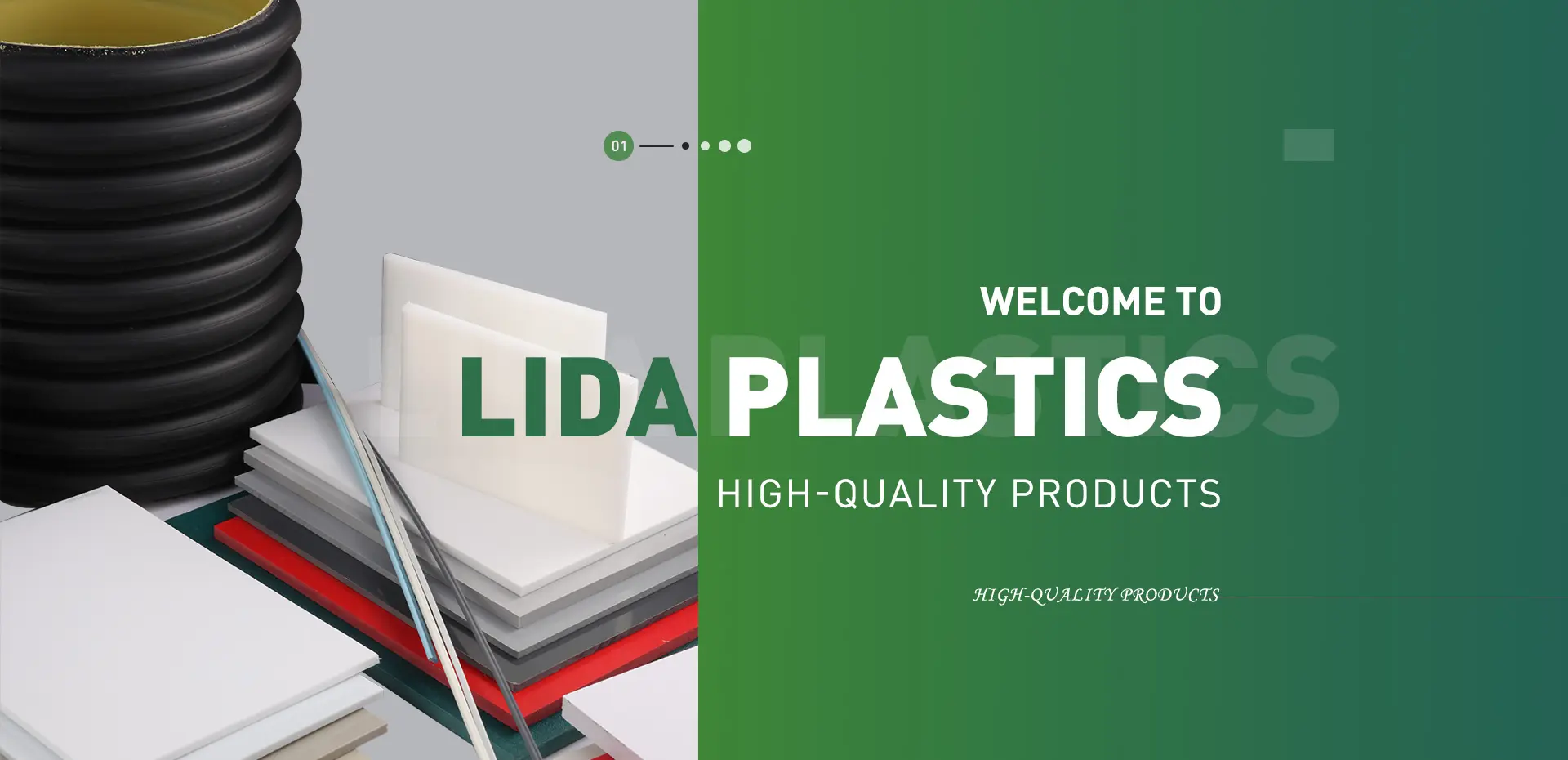Nov . 06, 2024 22:40 Back to list
hdpe sprinkler pipe
Understanding HDPE Sprinkler Pipe A Sustainable Solution for Irrigation
Irrigation is a vital aspect of agriculture, ensuring that crops receive the necessary water for growth. Among the various materials used for irrigation systems, High-Density Polyethylene (HDPE) sprinkler pipes have emerged as a popular choice due to their numerous advantages. In this article, we will explore the characteristics, benefits, and applications of HDPE sprinkler pipes, highlighting why they are an excellent option for modern irrigation practices.
What is HDPE?
High-Density Polyethylene (HDPE) is a thermoplastic polymer made from petroleum. Known for its high tensile strength and exceptional durability, HDPE is resistant to impact, chemicals, and stress cracking. Its properties make it an ideal choice for various applications, including construction, packaging, and, notably, irrigation systems.
Benefits of HDPE Sprinkler Pipes
1. Durability and Longevity One of the standout features of HDPE pipes is their remarkable resistance to corrosion and degradation. Unlike traditional metallic pipes, HDPE does not rust or suffer from chemical leaching, ensuring that it has a longer lifespan and requires less maintenance.
2. Flexibility and Lightweight HDPE pipes are highly flexible, which allows them to withstand ground movements, making them suitable for various terrains and environmental conditions. Additionally, their lightweight nature makes them easy to handle and install, reducing labor costs.
3. Cost-Effectiveness Although the initial investment may be slightly higher than that of traditional piping materials, HDPE pipes save money in the long run. Their durability minimizes maintenance and replacement costs, while their efficiency reduces water usage, further lowering operational expenses.
hdpe sprinkler pipe

4. Environmentally Friendly HDPE is recyclable, making it a sustainable choice for irrigation systems. The use of HDPE reduces the overall carbon footprint of agriculture, contributing to more eco-friendly practices in farming.
5. Excellent Flow Characteristics The smooth inner surface of HDPE pipes facilitates optimal water flow and minimizes friction. This characteristic leads to more efficient water distribution, which is crucial for effective irrigation.
Applications of HDPE Sprinkler Pipes
HDPE sprinkler pipes are primarily used in agricultural irrigation systems, but their versatility extends beyond that. They can also be found in landscaping, golf courses, and residential gardening. Their capacity to deliver water evenly and efficiently makes them suitable for both large-scale and small-scale applications.
Furthermore, HDPE sprinkler systems can be automated, allowing farmers to implement precision irrigation techniques. This is particularly beneficial in regions facing water scarcity, where efficient water management is essential for sustainable farming.
Conclusion
In the ever-evolving field of agricultural technology, HDPE sprinkler pipes stand out as a superior choice for irrigation solutions. Their durability, flexibility, cost-effectiveness, and low environmental impact make them ideal for modern farming practices. As the agricultural industry continues to focus on sustainability and efficiency, the adoption of HDPE pipes will likely increase, further promoting responsible water usage and enhancing crop yields. Investors and farmers looking to improve their irrigation systems should certainly consider the advantages that HDPE sprinkler pipes offer.
-
High-Quality PPR Pipes and Fittings Durable ERA PPR & PVC PPR Solutions
NewsJul.08,2025
-
Black HDPE Cutting Board - Durable, Non-Porous & Food Safe HDPE Plastic Cutting Board
NewsJul.08,2025
-
High-Quality CPVC Panel Durable HDPE & PVC Panels Supplier
NewsJul.08,2025
-
Double PE Welding Rod Supplier - High Strength, Durable & Versatile Welding Solutions
NewsJul.07,2025
-
High-Quality PVC-O Pipe Supplier Durable 75mm PVC Pipe & Connections Leading PVC Pipe Company
NewsJul.07,2025
-
HDPE Drainage Pipe Supplier – Durable & Corrosion-Resistant Solutions
NewsJul.06,2025

